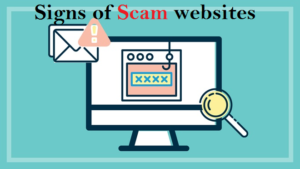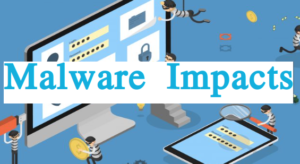Be Cautious of the Unsuccessful Search For Relatives Email Scam
Have you ever received an email that seemed too good to be true? Well, there’s a type of scam called the “Unsuccessful Search For Relatives Email Scam,” and we’re going to explain it so you can stay safe online.
Imagine getting an email from someone who claims to be a lawyer or a representative of a wealthy family. They tell you that this wealthy family has had a tragic accident, and they’re trying to find long-lost relatives to give them a big inheritance. Sounds exciting, right? But here’s the catch – it’s all a lie.
These scammers send out emails to unsuspecting people, like you and me, saying that you might be related to this wealthy family, and they urgently need your help to claim their money. They make it sound like the bank is going to take the money away if you don’t act fast.
Now, let’s talk about the two versions of this scam:
Version 1: “EVANS THOMAS LAW FIRM”
In this version, they say they’re from a law firm, and the deceased person worked for a big oil company in Nigeria. They claim that this person and their family were in a terrible car accident, and they’ve been searching for relatives for years. And guess what? They say you’re the last surviving relative! They tell you that there’s $15 million in a bank account, and you’re entitled to some of it.
But here’s where it gets tricky. They ask you for a lot of personal information like your name, age, where you live, your job, and contact numbers. They say they need this information to help you claim the money.
Version 2: “Investment”
In this version, they don’t claim you’re a relative. Instead, they say they want to present you as a business associate or kin of a person who died while working for a gold mining company in South Africa. They also mention a tragic car accident and a bank account with $21 million. They ask you to trust them and promise to split the money with you for a lucrative investment.
Now, here’s the important part: It’s all a scam!
These scammers are after your personal information and maybe even your money. They make up stories about wealthy families, tragic accidents, and huge bank accounts to lure you in. But there’s no inheritance, and there’s no accident victim. It’s all a lie to trick you.
Sometimes, they might even ask you to pay fees or expenses to help with the so-called inheritance process. And they often prefer to receive this money in untraceable ways like cryptocurrencies or prepaid vouchers so they can get away with it.
If you’ve already shared your login information with these scammers, change your passwords for all your accounts immediately. And if you’ve given out other personal information like ID card details or credit card numbers, contact the authorities right away.
In simple terms, be very cautious when you get unsolicited emails with stories about inheritances or large sums of money. These scammers are trying to trick you into giving away your personal information and maybe even your money. Always double-check the legitimacy of such emails, and if it seems too good to be true, it probably is. Stay safe online!
Text in One Variant of Spam Letter:
Subject: EVANS THOMAS LAW FIRM
EVANS THOMAS LAW FIRM
SOLICITORS & ADVOCATES
No: 15 Allen Avenue
Ikeja ,Lagos.
Email: {[email protected]}
Dear Friend
It is obvious that this proposal will come to you as a surprise.This is because we have not met before but I am inspired to sending you this email following the huge fund transfer opportunity that will be of mutual benefit to the two of us.
However, I am Barrister Evans Thomas Attorney to the late Engr.Ronald Johnson, a national of Northern American, who used to work with Shell Petroleum Development Company(SPDC) in Nigeria . On the 11th of November,2008. My client,his wife And their three children were involved in a car accident along Sagamu/Lagos Express Road.
Unfortunately they all lost their lives in the event of the accident, Since then I have made several inquiries to several Embassies to locate any of my clients extended relatives, this has also proved unsuccessful.
After these several unsuccessful attempts, I decided to trace his relatives over the Internet to locate any member of his family but of no avail, hence I contacted you to assist in repatriating the money and property left behind by my client,I can easily convince the bank with my legal practice that you are the only surviving relation of my client. Otherwise the Estate he left behind will be confiscated or declared unserviceable by the bank where this huge deposits were lodged.Particularly, the Bank where the deceased had an account valued at about $15 million U.S dollars(Fifteen million U.S.America dollars).
Consequently,The bank issued me a notice to provide the next of kin or have the account confiscated within the next ten official working days. Since I have been unsuccessful in locating the relatives for over several years now.I seek your consent to present you as the next of kin to the deceased,so that the proceeds of this account valued at $15million U.S dollars can be paid to your account and then you and me can share the money. 55% to me and 40% to you,while 5% should be for expenses or tax as your government may require.
All I require is your honest cooperation to enable us see this deal through and also forward the following to me:
Your Full Name:
Your House Address:
Your Tele-phone And Fax No:
Your Age and Gender :
Your Nationality:
Your Occupation:
I guarantee that this will be executed under a legitimate arrangement that will protect you from any breach of the law.Please get in touch with me VIA this my confidential email {[email protected]}
Yours Faithfully,
Barr. Evans Thomas . { SAN }
Text in Another Variant:
Subject: investment
Attached with my investment request letter.
Best regards,
Mr. D Anderson (ESQ)
In terms of email-based cyber threats, what are the different types of malicious emails?
Emails having Malicious Attachments
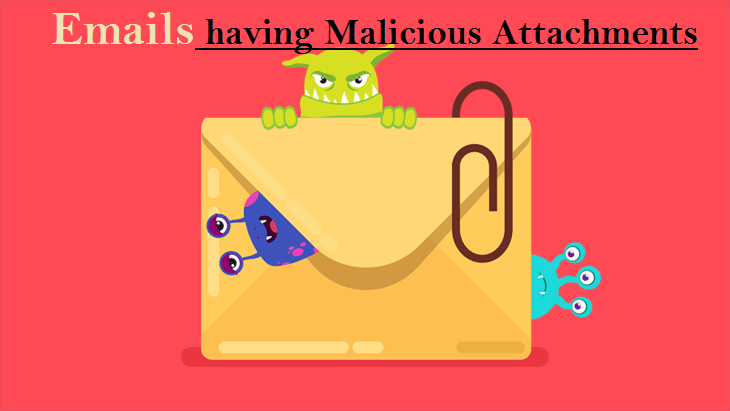
Email spam containing malicious attachments is a commonly employed method by cybercriminals to compromise users’ computers with malware. Malicious attachments often harbor trojans that possess the ability to pilfer sensitive data such as banking details, passwords, and other confidential information.
The primary objective of cybercriminals in these attacks is to deceive their potential victims into accessing a compromised email attachment. They commonly employ email messages that discuss recently obtained invoices, faxes, or voice messages to accomplish this aim.
If an unsuspecting individual succumbs to the trap and opens the attachment, their computer becomes infected, allowing cybercriminals to gather a substantial amount of confidential data.
Although it is a more intricate technique to pilfer personal data (as spam filters and antivirus programs typically identify such endeavors), if cybercriminals achieve success, they can access a broader spectrum of information and continue accumulating data over an extended duration.
Phishing Emails

Typically, cybercriminals employ deceitful emails to deceive individuals on the internet into divulging their confidential personal information, such as login credentials for diverse online platforms, email accounts, or online banking details.
These types of attacks are commonly known as phishing. In a phishing attack, cybercriminals typically send an email that mimics the branding of popular services like Microsoft, Amazon, DHL, or Netflix. They craft messages with a sense of urgency, such as incorrect shipping details or expired passwords, and include a hyperlink, hoping to entice unsuspecting recipients into clicking on it.
Upon clicking the provided link in these email messages, victims are redirected to a counterfeit website that closely resembles the legitimate one. In this deceptive environment, victims are prompted to enter their password, credit card information, or other sensitive data, which is subsequently harvested by cybercriminals for malicious purposes.
Spam Emails

Spam emails are unsolicited, bulk messages sent to a large number of recipients simultaneously. They often contain unwanted advertisements, scams, or fraudulent offers. The primary purpose of spam emails is to promote products, services, or websites, sometimes of dubious nature.
These emails can be sent by individuals or automated bots, and they often target a wide range of recipients without their consent. Spam emails can clog up inboxes, consume storage space, and pose risks such as phishing attempts or malware distribution.
Sextortion Emails
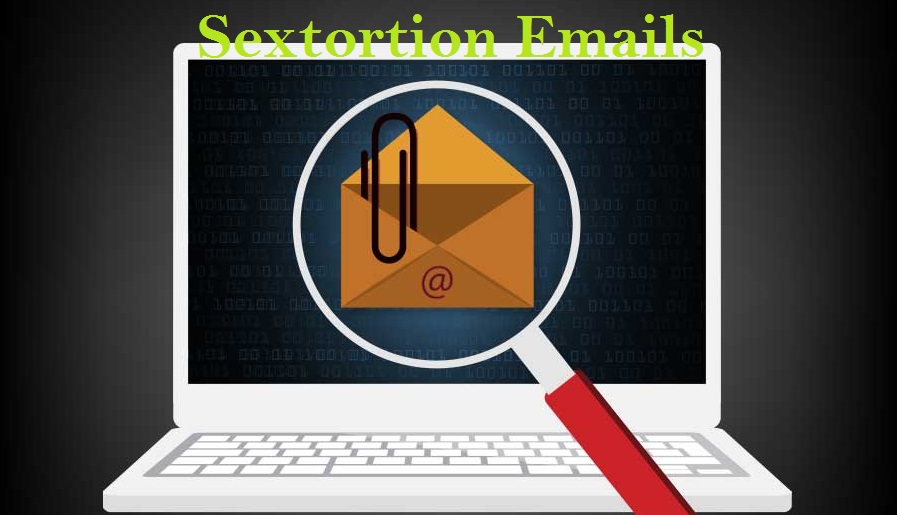
This type of email is a form of phishing known as a “sextortion scam.” It preys on individuals’ fears and attempts to blackmail them into paying a ransom. The scam email falsely claims that a cybercriminal has gained unauthorized access to the victim’s webcam and possesses a compromising video recording of them engaging in explicit activities.
The scammers leverage the potential embarrassment and shame associated with such content to coerce the victim into paying a ransom, often in the form of cryptocurrency, to prevent the release of the alleged video. However, it is crucial to understand that these claims are entirely false and fabricated.
What are some indicators or signs that can help identify a malicious email?
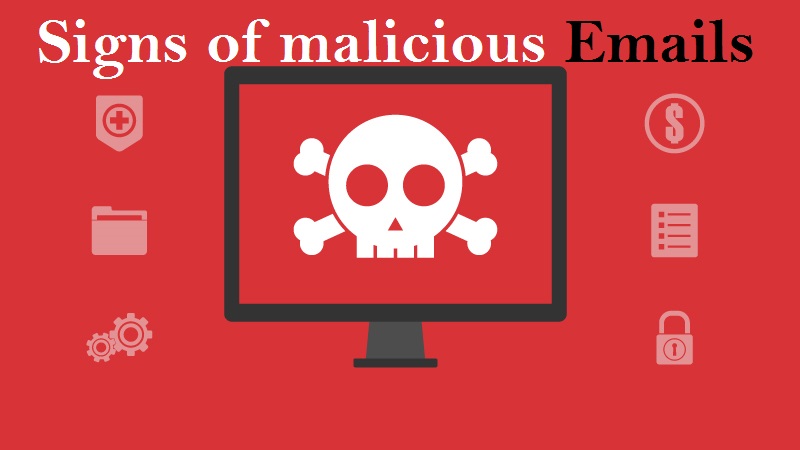
To spot a malicious email you can look for the following indicators:
Suspicious Sender: Check the sender’s email address and verify if it matches the official contact information of the organization or person they claim to represent. Be cautious of email addresses that contain misspellings, random numbers, or unfamiliar domain names.
- Poorly Written Content: Pay attention to grammar and spelling mistakes, unusual language, or poor formatting. Legitimate organizations usually maintain professional communication standards.
- Urgent or Threatening Language: Beware of emails that create a sense of urgency, pressure you to take immediate action, or threaten negative consequences if you don’t comply. Scammers often use fear or time-sensitive situations to manipulate victims.
- Suspicious Attachments or Links: Be careful of email attachments or links, especially from unknown or unexpected sources. Don’t open attachments or click on links unless you are confident about their legitimacy. Hover over links to see the actual URL before clicking.
- Requests for Personal Information: Legitimate organizations typically don’t request senstive information, such as passwords, Social Security numbers, or credit card details, via email. Avoid providing personal data unless you are certain of the email’s authenticity.
- Unusual Requests or Offers: Be wary of emails offering unexpected rewards, prizes, or financial opportunities. If something seems too good to be true or doesn’t align with your normal interactions, it could be a sign of a scam.
- Suspicious Email Design: Poorly designed or visually inconsistent emails may indicate a scam. Watch for generic greetings, mismatched logos, or distorted images.
If you have doubts about an email’s legitimacy, it’s best to err on the side of caution. Avoid clicking on links or downloading attachments, and consider contacting the sender through a verified channel to verify the email’s authenticity.
What actions can be taken if you have fallen for an email scam?
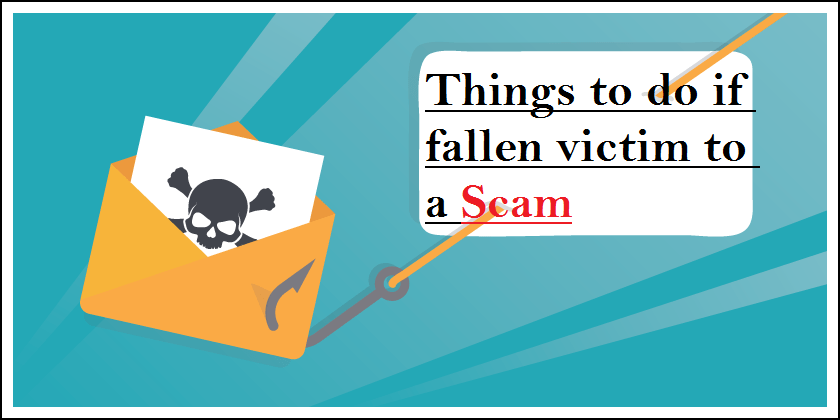
Below are the steps you should take if you’ve fallen prey to the Unsuccessful Search For Relatives Email Scam.
- If you have mistakenly provided your credit card information after clicking on a link in a phishing email, it is crucial to immediately contact your bank and inform them about the situation. It is highly likely that you will need to take steps to cancel the compromised credit card and request a replacement for enhanced security.
- If you have inadvertently provided your password after falling for an email scam, it is essential to promptly change your password. Typically, cybercriminals gather stolen login details and sell them to other malicious groups for potential exploitation. By changing your password immediately, you reduce the likelihood of criminals having sufficient time to cause harm or unauthorized access to your accounts and information.
- If you notice any indications of identity theft, it is important to promptly reach out to the Federal Trade Commission (FTC). The FTC will gather information about your situation and develop a personalized recovery strategy.
- Assist in safeguarding fellow internet users by reporting phishing emails to organizations such as the National Fraud Information Center, Anti-Phishing Working Group, FBI’s Internet Crime Complaint Center, and the U.S. Department of Justice.
- If you have inadvertently opened a malicious attachment, it is likely that your computer has been compromised. To address this, it is advised to conduct a thorough scan of your system using a reliable antivirus software. We suggest utilizing SpyHunter 5 for Windows to help mitigate any potential threats.
⇓⇓Download Spyhunter 5 Free Scanner⇓⇓
Do make sure to read SpyHunter’s EULA and Privacy Policy. Spyhunter free scanner downloaded just scans and detect present threats from computers and can remove them as well once, however it requires you to wait for next 48 hours. If you intend to remove detected threats instantly, then you will have to buy its licenses version that will activate the software fully.
Frequently Asked Questions
Why was I included in the distribution of this email?
Phishing emails are often disseminated by threat actors through extensive campaigns, leading to thousands of recipients receiving comparable messages.
If I have viewed a spam email but refrained from opening the attachment, is there a possibility that my computer has been infected with malware?
Simply opening or reading an email does not pose a direct risk of malware infection. The actual threat arises when you interact with malicious attachments or links contained within the email, triggering potential malware download or installation processes.
If I downloaded and opened a file from a spam email, does that mean my computer is infected?
If the file you opened from a spam email was an executable file (.exe, .run, etc.), there is a high chance that your computer may be infected. However, if the file was a document format (.doc, .xls, .one, .pdf, etc.), the risk of infection may be lower as these formats usually require additional actions to initiate the download or installation of malware, such as enabling macros or clicking on embedded content.
If I have unknowingly shared your personal information in response to a deceptive spam email, what steps should I take to mitigate the potential risks?
If you have mistakenly shared your login credentials, it is crucial to change the passwords for all affected accounts promptly. Additionally, if sensitive personal information like identification documents or credit card details were disclosed, it is important to promptly notify the relevant authorities or organizations responsible for handling such incidents.
Is SpyHunter 5 capable of detecting and eliminating malware infections that may be present in email attachments?
SpyHunter 5 is powerful security software that is specifically designed to scan devices and effectively remove various types of malware infections. With its comprehensive scanning capabilities, it can detect and eliminate most known malware threats, including those that may be present in email attachments and pop-up notifications. Running a thorough system scan is crucial to ensure that all potential threats are identified and removed from your device.

